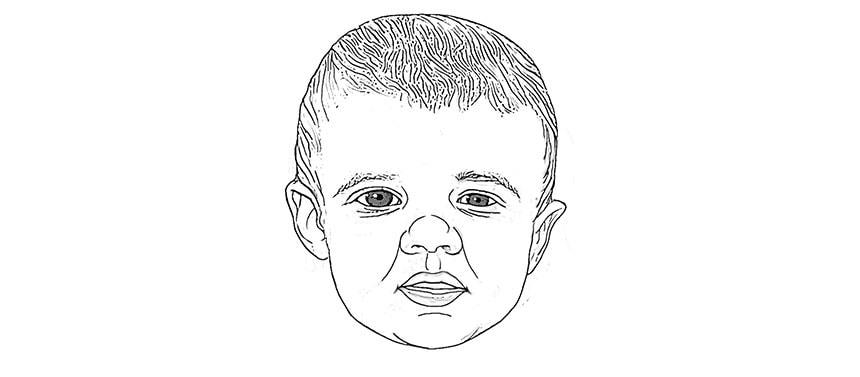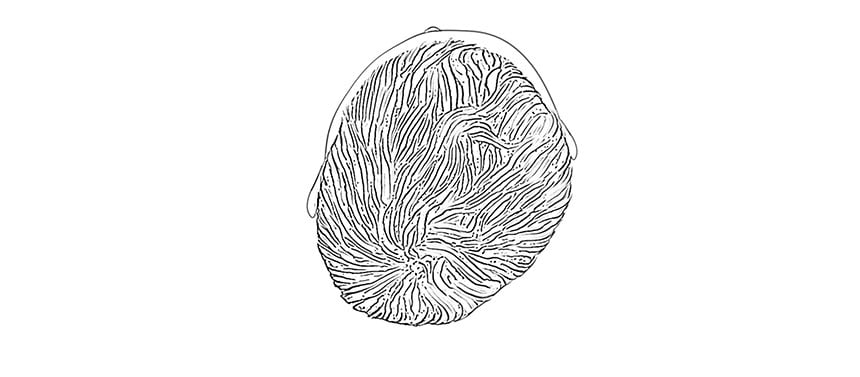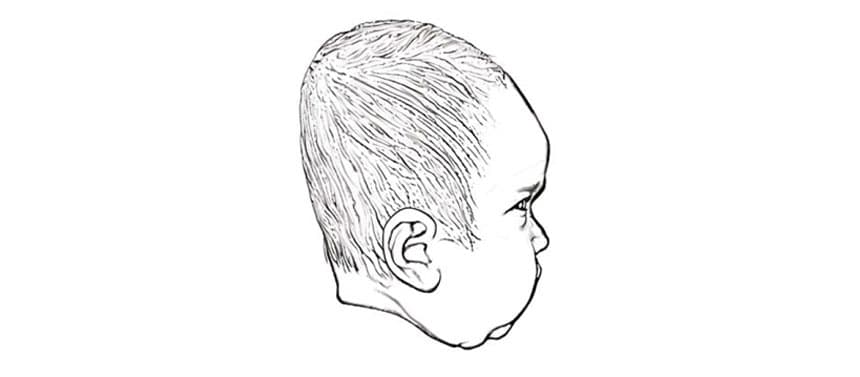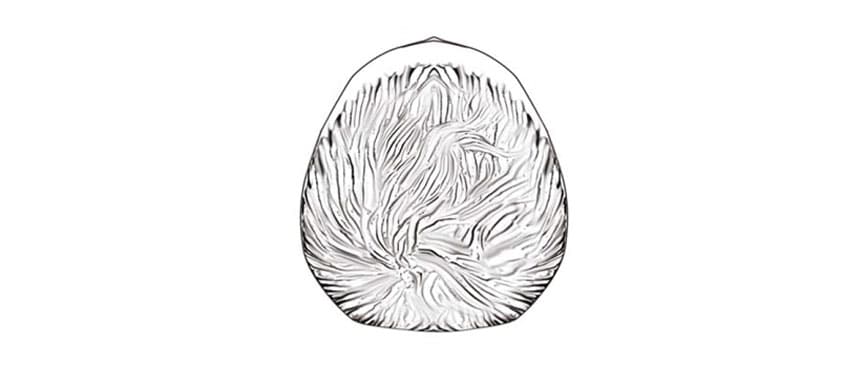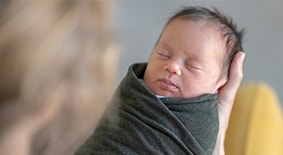The Importance of Recognizing a Flat Head Early
It’s not out of the ordinary for parents to worry about all sorts of things when they bring home a newborn, and that includes the shape of their infant’s head.
But a condition like flat head syndrome is actually pretty common in infants. What parents typically notice at first is a flattening on one side of the head, which is called plagiocephaly, or flattening across the back of the head, which is called brachycephaly. These are the two most common types of head shape differences.
The good news: A flat head can be treated if you take your baby to see a specialist early on, and it could even self-correct.
If you think your baby has a flat head, don’t hesitate to ask your pediatrician for a referral to see a specialist like those in the Cranial Remolding Program at Children’s Healthcare of Atlanta.
“We encourage parents to bring their baby to see us for an evaluation early on, because it gives us the opportunity to teach parents how to reposition their baby and encourage self-correction,” says Jessica Corso, CO, FAAOP, Orthotist and lead of the Cranial Remolding Program at Children’s.

Seeing a specialist early establishes a baseline scan of your baby's head shape, which allows them to compare scans of your baby's head a few weeks or months later, depending on the severity of the flattening, to see if your child's head shape is improving over time.
If your baby does need a helmet, we provide a type of helmet that wraps around the child’s head like a band. As the head grows, the band helps redirect growth to the flattened areas to reshape the skull. When your baby is younger and their head is growing the most, you may see better results with reshaping from a helmet. As babies get closer to their first birthday, head growth is naturally slower.
How do the specialists know if my baby’s head is flat?
Our team uses tools to measure your baby’s head shape. Oftentimes, we don’t immediately recommend your baby be fitted for a helmet like at many other cranial remolding practices.
“Out of all the kids we evaluate each year, less than 50% actually receive a helmet because we will first work with our parents on self-correcting exercises,” says Rebecca Hernandez, CPO, Prosthetist and Orthotist at Children’s.
We also use a scanner to take 3D images of your baby’s head. It is a safe, noninvasive scan that takes less than 2 seconds to complete. This particular scanner eliminates the need for making plaster casts of a child’s head. It provides the most accurate measurement possible to help determine the severity of your child’s condition.
Using the scanner, our specialists can evaluate your baby’s cranial vault asymmetry (CVA), measuring it in millimeters, as well as a cephalic index (CI), also called cephalic ratio, which is measured by a percentage.
During your baby’s first appointment with our team of orthotists and prosthetists, we will:
- Get a birth history of your baby and ask what your child’s pediatrician has said about their condition if you were referred by a provider.
- Ask lifestyle questions: Is your baby in day care? Do they stay with a nanny? Is your baby rolling over? Is your child meeting development milestones? What is your baby’s sleep surface like? Are you bed-sharing? Is your child sleeping in a bassinet?
- Examine your baby and their head shape.
- Check your baby for torticollis, which is the tightening of muscles on one side of the neck that causes a child to hold their head in one place.
- Ask if your baby’s pediatrician recommended any self-correcting exercises, such as repositioning or increasing tummy time. If not, we will share this information with you.
- Take a 3D scan of your baby’s head using our scanner, if necessary.
At Children's, we have a multidisciplinary team of physicians, orthotists, orthotic assistants and physical therapists to treat babies with flat head syndrome while also easing parents' fears and concerns.
“If a parent has a question about self-correcting exercises or their baby’s helmet, we are always available to help out,” Jessica says. “And we pride ourselves on being leaders in cranial remolding.”
How we are different
- Our cranial specialists are all board-certified and Georgia-licensed orthotists and prosthetists.
- We are national leaders in pediatric orthotics and prosthetics; our providers are asked to lecture at meetings across the country and around the world.
- We are engaged in ongoing research on compliance and effectiveness of cranial remolding, and our Plagiocephaly Severity Scale is published in the Journal of Craniofacial Surgery and accepted nationwide as the standard of care.
- We encourage self-correction with aggressive repositioning (tummy time) first before proceeding with a special cranial remolding band.
- Unlike at other cranial remolding practices, our patients rarely require a second helmet, which helps save on cost.

Supporting parents with accessible evaluations
Children's performs evaluations and initial scans for flat head syndrome at no cost, and most insurance plans are accepted. We have seven locations across metro Atlanta for assessment and treatment.
Find a LocationThis content is general information and is not specific medical advice. Always consult with a doctor or healthcare provider if you have any questions or concerns about the health of a child. In case of an urgent concern or emergency, call 911 or go to the nearest emergency department right away. Some physicians and affiliated healthcare professionals on the Children’s Healthcare of Atlanta team are independent providers and are not our employees.
Contact Us 404-785-3229
